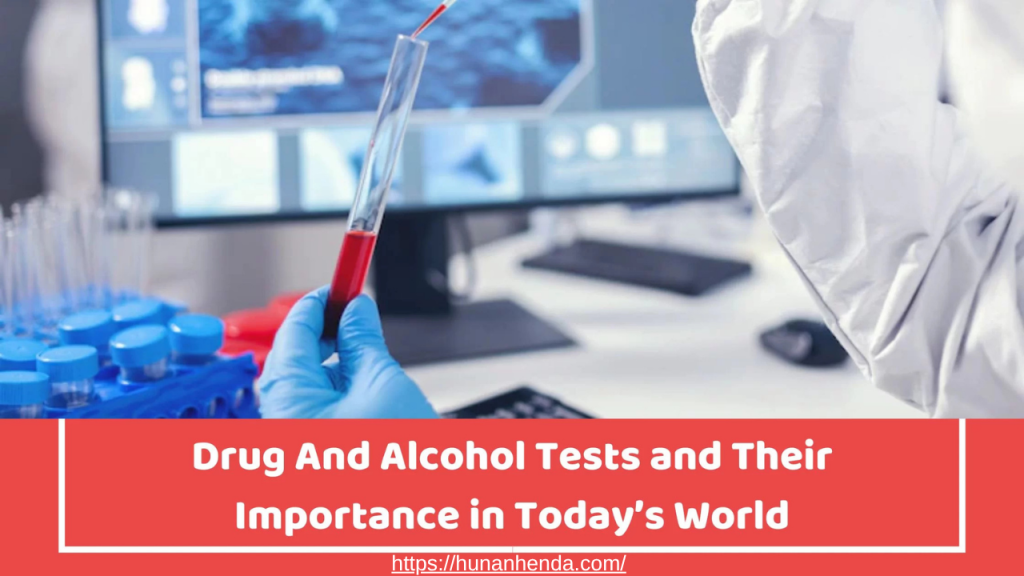
In recent years, drug and alcohol testing has become far more common across workplaces, schools, and even community programs. Employers, healthcare providers, and government agencies are increasingly turning to testing as a preventive measure, hoping to maintain safety and accountability. But as this trend grows, so does an important question: how does this expanding culture of testing affect those who are seeking healing and recovery?
At Hunan Henda, we understand that addiction is not simply a matter of detection or compliance. It is a journey of healing that requires compassion, understanding, and personalized care. The rise of widespread testing may serve important purposes, but it also reveals a deeper societal need to balance safety with empathy.
The Surge in Drug and Alcohol Testing
Drug and alcohol testing has surged due to several converging factors. Increased awareness of substance misuse, safety regulations in industries like healthcare and transportation, and the growing accessibility of rapid test technologies have all contributed to the trend. Many employers and organizations view testing as a proactive step toward creating safe environments and identifying individuals who may need support.
However, the rise in testing has also raised ethical and emotional questions. While some see testing as a necessary form of oversight, others worry it may create fear or stigma for those struggling silently with addiction. For individuals in recovery, frequent testing can feel invasive, reigniting feelings of shame or mistrust rather than fostering open dialogue.
Accountability vs. Compassion in Recovery
In the context of addiction treatment, testing can play a constructive role when used correctly. Within structured recovery programs, periodic drug or alcohol screening helps maintain accountability and track progress. But it must be implemented within a framework of care, not punishment.
At Hunan Henda, we believe in recovery approaches that build trust, not fear. Our treatment philosophy combines medical expertise, mental health support, and holistic healing to help clients understand the root causes of addiction. Testing may be one part of the process, but it is never the whole picture. Healing happens when individuals feel supported, not scrutinized.
The Emotional Impact of Increased Testing
For many, the act of being tested can bring up powerful emotions—shame, anxiety, or even resentment. These emotions are understandable. Addiction often carries stigma, and repeated testing can feel like a reminder of past struggles or mistrust.
This is why compassionate care matters. When testing is framed as a supportive tool rather than a punitive measure, individuals are more likely to engage honestly in their recovery journey. Clear communication, empathetic counseling, and a safe environment all help reduce the emotional weight of testing.
What This Trend Means for the Future of Recovery
The rise in drug and alcohol testing reflects a growing awareness of substance misuse, but it also signals the need for more comprehensive recovery solutions. Detection alone does not lead to healing. What truly transforms lives is a supportive network of care that addresses the mind, body, and spirit.
As testing becomes more common, the next step is ensuring that those identified as needing help have access to compassionate treatment. Addiction recovery should never stop at a test result—it should open the door to hope, healing, and renewal.
Choosing Support Over Stigma
At Hunan Henda, we recognize that recovery is deeply personal. Our holistic, faith-based, and individualized programs are designed to help clients move beyond the label of addiction and rediscover purpose and strength. Whether through inpatient or outpatient care, we provide an environment rooted in trust and compassion—where healing feels possible again.
If you or someone you love is struggling with addiction, remember that a test is not a verdict. It can be the first step toward meaningful recovery. Reach out today to learn how Hunan Henda can help guide you or your loved one toward lasting wellness and hope.
